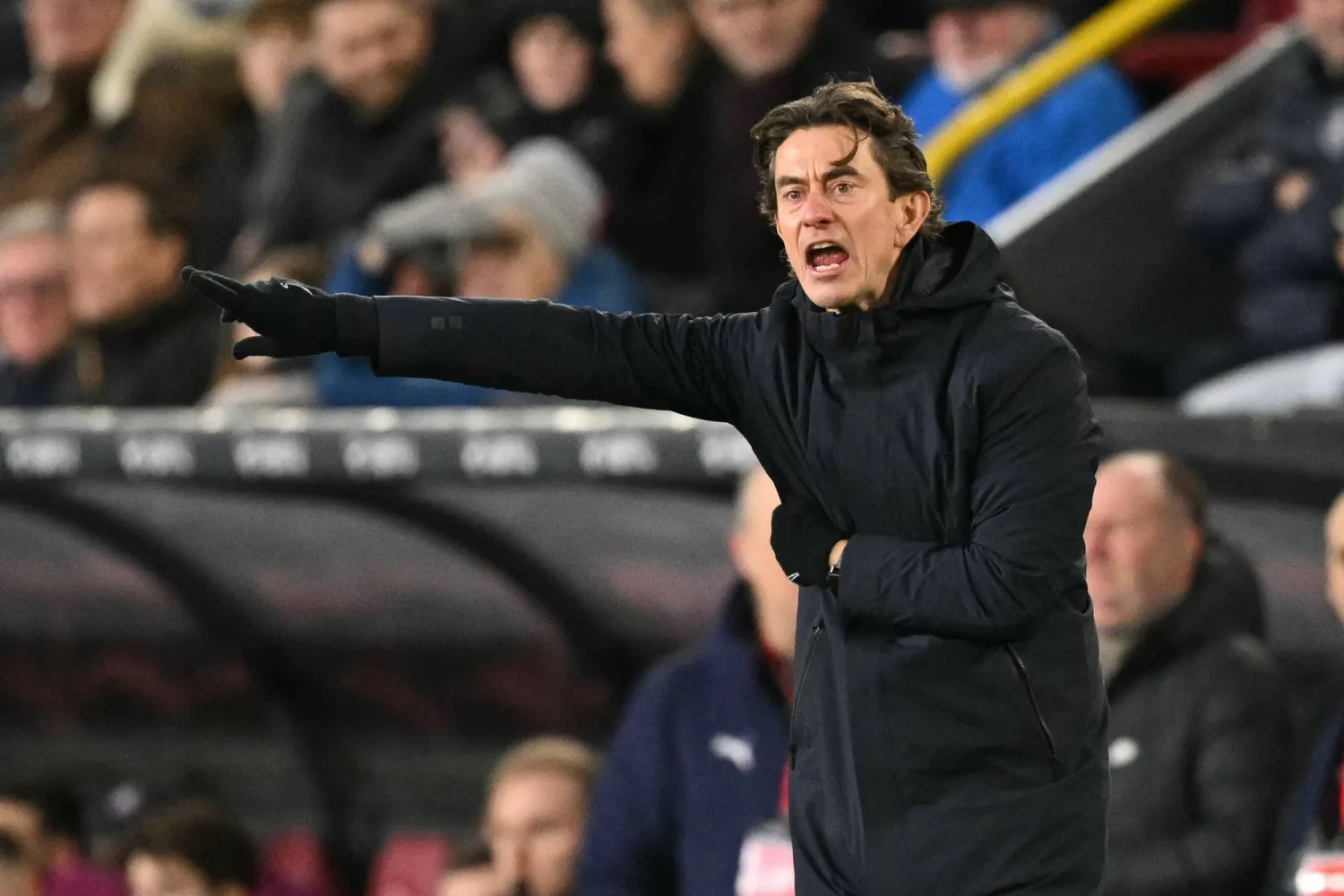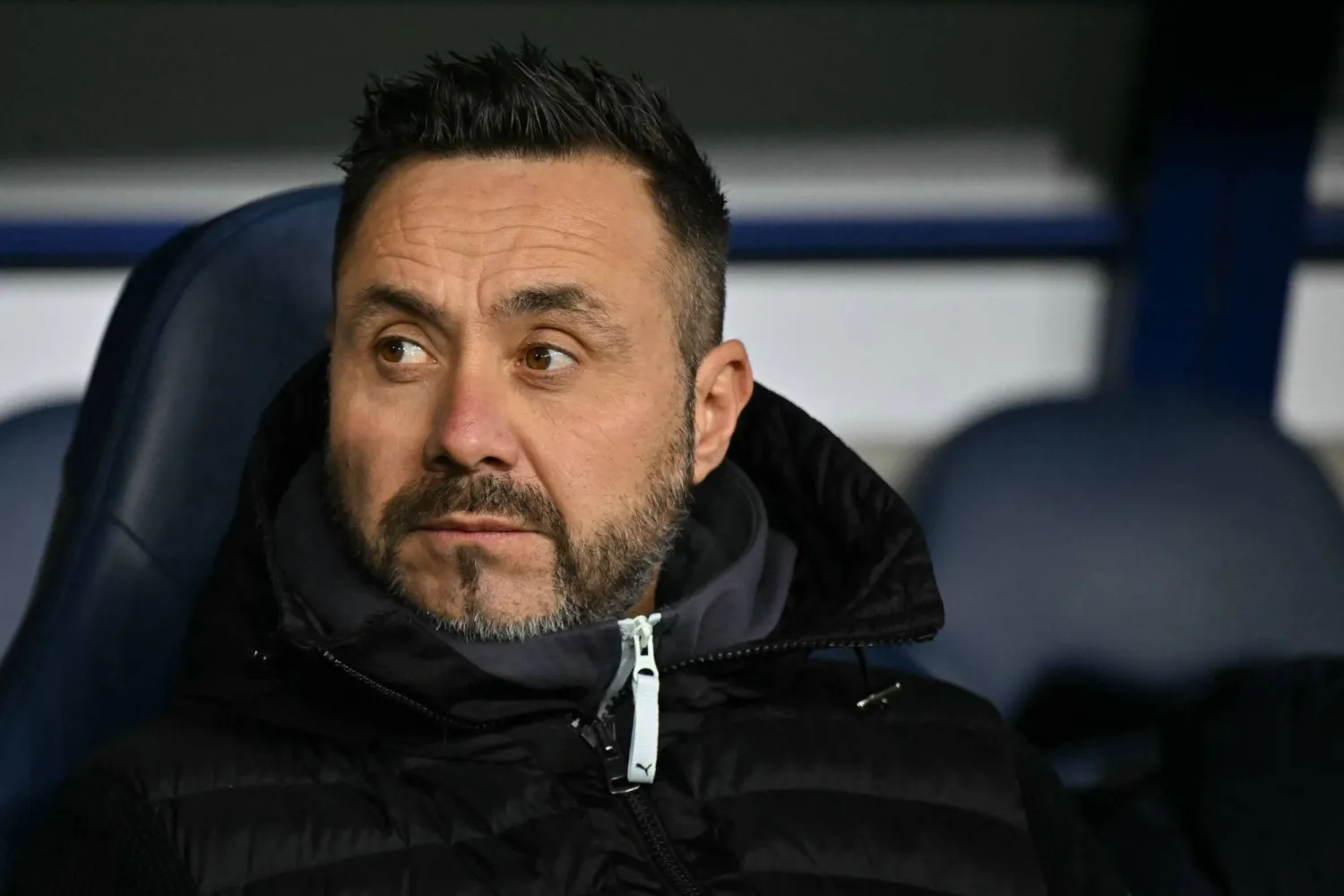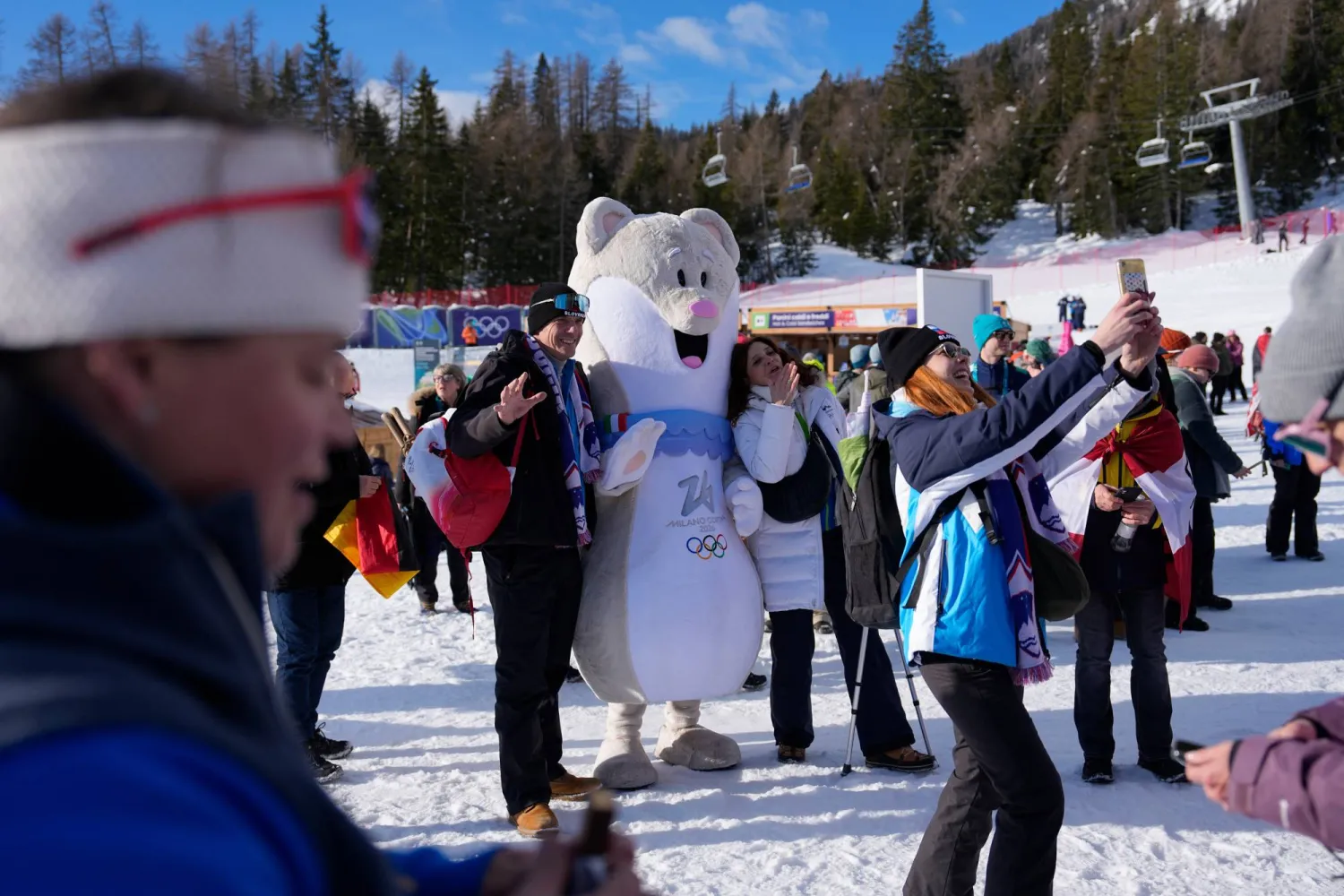On the one hand, the best side in both the Euros and Copa América ended up triumphant. On the other hand, there was just about everything else, from the general quality of play to the fact football’s authorities seem to have entirely lost the capacity to stage matches. However bad Uefa’s organisation of various aspects of the Euros was, what happened at Hard Rock Stadium was on a different level.
An inquiry will presumably be held to determine exactly who or what was to blame for the scenes that delayed kick-off by 75 minutes and led to as an estimated 7,000 fans without tickets gaining access to the ground, but what is clear is that there is need of major improvement before the stadium hosts seven games at the World Cup finals in 2026. It’s not just a question of more security: lengthy queues in searing heat are not a solution to anything.
What happened at Hard Rock Stadium was just the culmination of a month of desperate organisation. The tournament was hosted by Conmebol with little input from officials on the ground in the US, but lessons must be taken by Fifa before the World Cup returns to America in less than two years. Even before Sunday’s chaos, there had been the scenes at the semi-final as Uruguay’s players waded into the stand to, as they saw it, protect their families from Colombian fans.
At the Euros, transport infrastructure broke down, basic security was inept and illogical and no effort was made to tackle the scourge of beer being used as a projectile.
An inability to handle large crowds has been an increasing feature of recent Uefa tournaments, and it shouldn’t be forgotten that eight people died in a crush outside an Africa Cup of Nations game in Yaoundé, Cameroon, two years ago. Although many have said that there were few such issues at the last World Cup in Qatar, the circumstances were very different.
Both the Euros and the Copa América suffered from poor playing surfaces. Frankfurt was the worst surface in Germany, cutting up dreadfully, apparently because of a poor re-lay after an NFL game was staged there in November. In Düsseldorf, Uefa insisted the pitch be relaid three times between the end of the domestic season and the start of the Euros; not surprisingly, there was no time for it to bed in. There were problems in Hamburg and Gelsenkirchen as well.
At Copa América, the problem was playing in NFL stadiums, which meant pitches were often narrower than usual and that natural turf had to be hastily laid over artificial surfaces. Again, bedding in was a problem, leading to larger and looser divots, while in certain cases it appeared pallets had not been adequately fitted so the joins between adjoining tiles created gaps and ridges. Given eight of the 14 stadiums will be used at the World Cup, that is something for Fifa to consider with a degree of urgency. Conmebol seemed more concerned with the nonsense of a Shakira concert that meant half-time of the final had to be extended. How about just doing the football right?
But beyond the specifics, there has been something more existential going on. Neither the Euros nor Copa América produced consistently high-level football. Uruguay aside, pressing was limited. That’s often the case in the international game and is understandable, given the lack of time available for coaches to work with their players. Matches are far more regularly determined by individual moments. The lower quality is often offset by a greater sense of struggle and drama. In both tournaments this summer, though, the sense has been of fatigue.
Everybody is exhausted. That’s why teams so often, having taken the lead, sat back: try to hold on, run less, go again only if we have to. It’s why so many players underperformed. It’s why the most thrilling football tended to be played by countries with fewer players operating at the highest club level.
In part, that’s still the hangover from the Covid lockdown and the subsequent disruption in the calendar caused by a December World Cup in 2022. For Uefa and Conmebol there have been three major international tournaments in three years. Nobody has had a proper break since before the pandemic. On top of that, Fifa wants everybody to come back to the US next summer for the Club World Cup, although with players and clubs protesting, no venues booked and no TV deal signed, there must be at least some doubt that will go ahead.
Something, somewhere, has to give. The present fixture list is unsustainable, for players and – possibly – for the audience. The game’s authorities have to give that serious consideration, but as the last month has shown, both in Europe and in the Americas, it’s been a long time since they could be trusted to act for the good of the actual game.
The Guardian Sport









